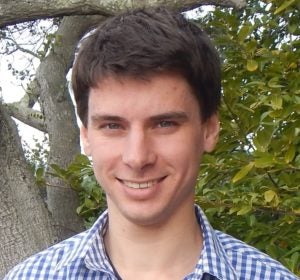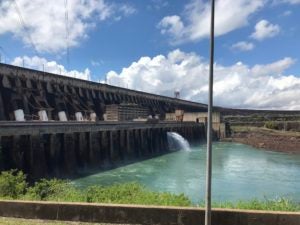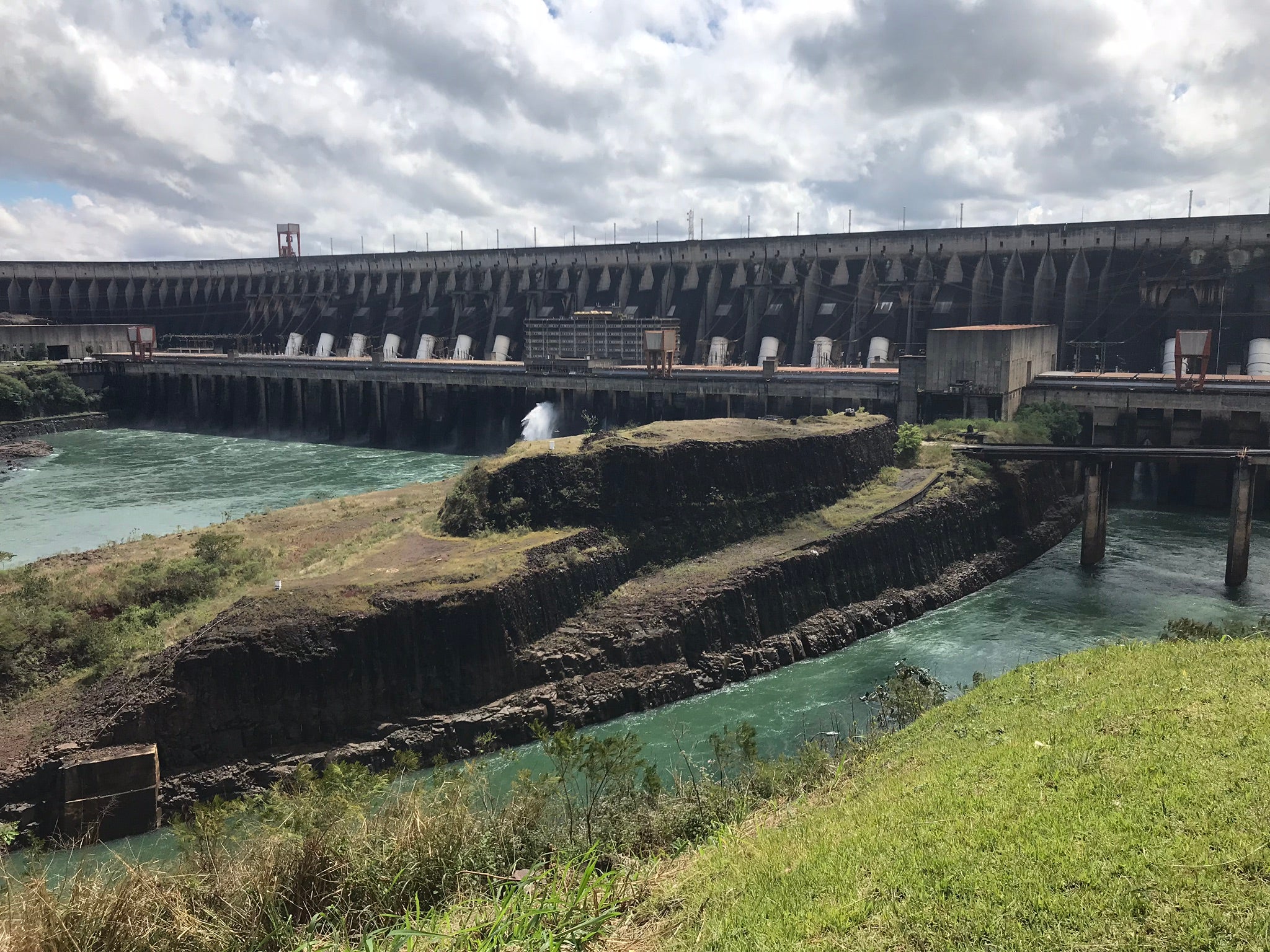Ph.D. Student Matthew Johnson Speaks of the Importance of Studying the History of Our Earth
Ph.D. candidate Matthew Johnson studies modern environmental history, starting from the beginning of the second industrial revolution when fossil fuels enabled people to dramatically reengineer the nonhuman environment. He says that his research emphasizes the importance of understanding the history of the environment so that we may learn how to better protect it.
A Non-Traditional Path

Matthew Johnson, Ph.D. Candidate
Though he is now in the fifth year of his Ph.D. program, Johnson did not always know that he wanted to study environmental history. When he was completing his undergraduate degree in sociology during his final year at the University of Colorado Denver, he was applying for graduate school programs in social work that emphasized public policy.
But that year he began to take environmental science and history courses to earn credit for minors in both fields, and an influential history professor recommended the book Something New Under the Sun by Georgetown Department of History professor John McNeill. It was this book, along with these elective courses, that made him realize his passion for studying the history of the environment.
“I wanted to be a social worker because I care about social justice and I like connecting with people, but I became increasingly interested in the connections between people and the nonhuman environment,” says Johnson. “Environmental history is a wonderful field that helps people see the world differently and connects us to the basic structures of our modern world. Everything—from the food we eat, to the cars we drive and the computers we use — come from environments that have deep histories.”
Johnson then applied and was accepted to Georgetown University’s environmental history Ph.D. program. After speaking with his advisor, John McNeill, Johnson decided that he wanted to write his dissertation about Latin American environmental history, focusing specifically on big hydroelectric dams in Brazil that were built between the years of 1964 and 1985, when Brazil was under a military dictatorship.
About Johnson’s Research
Johnson wanted to focus on twentieth-century history because the world today is a product of the dramatic environmental changes unleashed since the second industrial revolution. Johnson says learning about how our past shaped our present will allow us to make more informed decisions about the future.
“Environmental and social justice components are what drew me to this field initially,” says Johnson. “It is impossible to understand the world and its inequalities as they exist today without knowing how we got where we are. So much of where we are today is the result of huge changes that occurred in the last century.”
As the world confronts the daunting challenge of divesting from fossil fuels, studying alternative energy regimes can help people make informed decisions about the costs and benefits of energy transitions. The United States electrified using coal and other fossil fuels, but in other parts of the world, different methods of harnessing energy were utilized to produce electricity
For example, Brazil electrified using hydropower, which was responsible for, 96% of its electricity in 1990. Most of the country’s big hydroelectric dams were built by a military dictatorship that was in power between 1964 and 1985.These controversial dams displaced indigenous people and destroyed wildlife and cherished landscapes, but also produced tremendous amounts of power

Itaipu Dam, 2018 by Matthew Johnson
Johnson’s dissertation looks at five dams built in different biomes and analyzes how politics and economic incentives shaped the decision to build these dams and their long-term impacts. One case study details the impact of the prolific Itaipu Dam, which flooded Guaíra Falls a National Park as iconic in Brazil as Yosemite or other famous National Parks in the U.S.
Itaipu, and the other controversial dams built by the military dictatorship, sparked a national protest movement, as the building of these dams not only annihilated national parks, but also displaced thousands of people. The anti-dam movement gained momentum in subsequent decades and helped forestall the construction of many of the remaining dams that the dictatorship had planned but not built. Brazil still relies on hydropower for more than 2/3 of its electricity, though the country has become increasingly reliant on oil and other energy sources.
Johnson’s research will help illuminate how the past affects our present, and will also help bring awareness to an often-overlooked aspect of modern history: that the nonhuman environment is fundamentally engrained in everything that we do.
“People often think about the environment as isolated from urban and industrial life, but in reality, people living and working in cities are deeply connected to the environment,” Johnson says. “Take, for example, something as basic as water. When I began reading environmental history books in my senior year of college, it occurred to me that I did not know where the water I drank came from. Finding out where it came from involved not just geography but also history because the storage and transportation systems were built long ago.”
Life Under COVID-19 and After Graduating
Johnson is currently preparing to teach U.S. Environmental History this summer. Though he was initially looking forward to taking his students on a field trip to the Anacostia River and to help them build a device to test air quality out of a five-gallon bucket, he will now be instructing the students entirely online due to COVID-19.
“Though I am saddened that I will not be able to take students on field trips because I want them to realize first-hand just how interconnected our lives are with the nonhuman environment,” Johnson says. “COVID-19 has been a disruptive and disastrous in so many ways. With regards to environmental history, it is helping illustrate in a very profound way something that the field has spent years teaching: the nonhuman environment can shape human history.”
After he completes his Ph.D., Johnson said he is interested in academia but more than anything he wants to apply what he has learned to help decision-makers plan for a better and more just future.
-by Shelby Roller (G’19)
